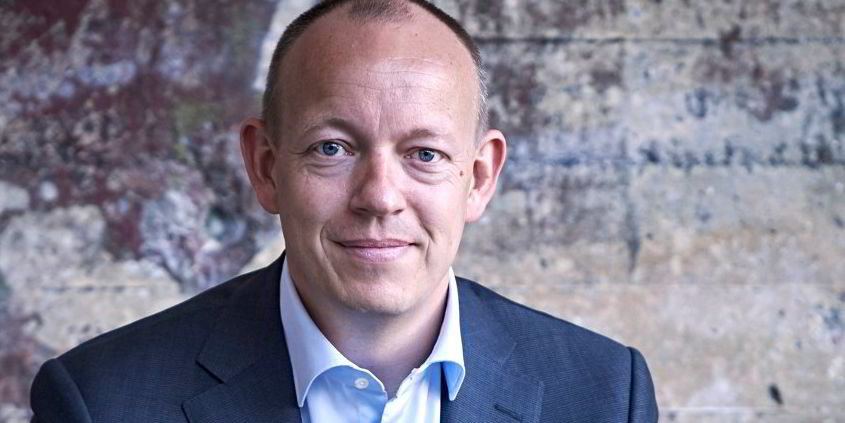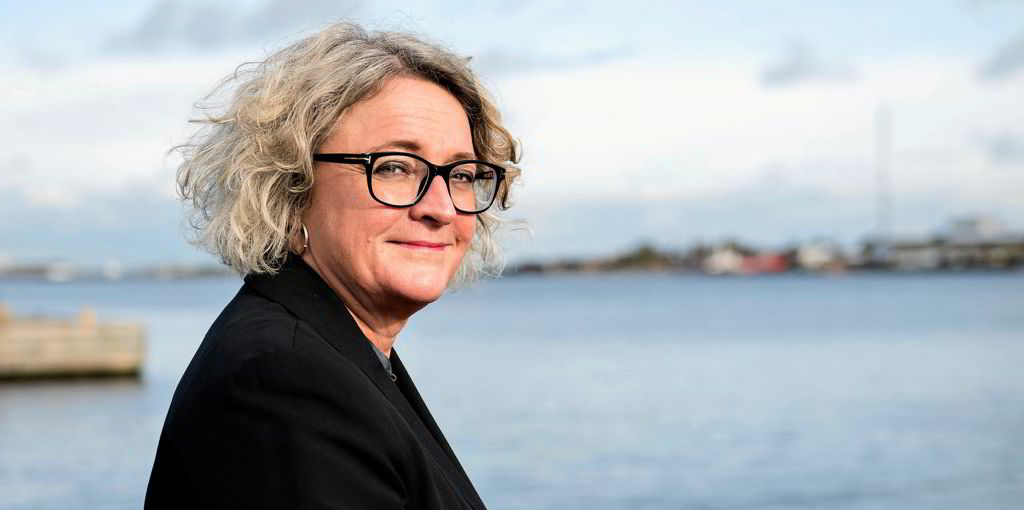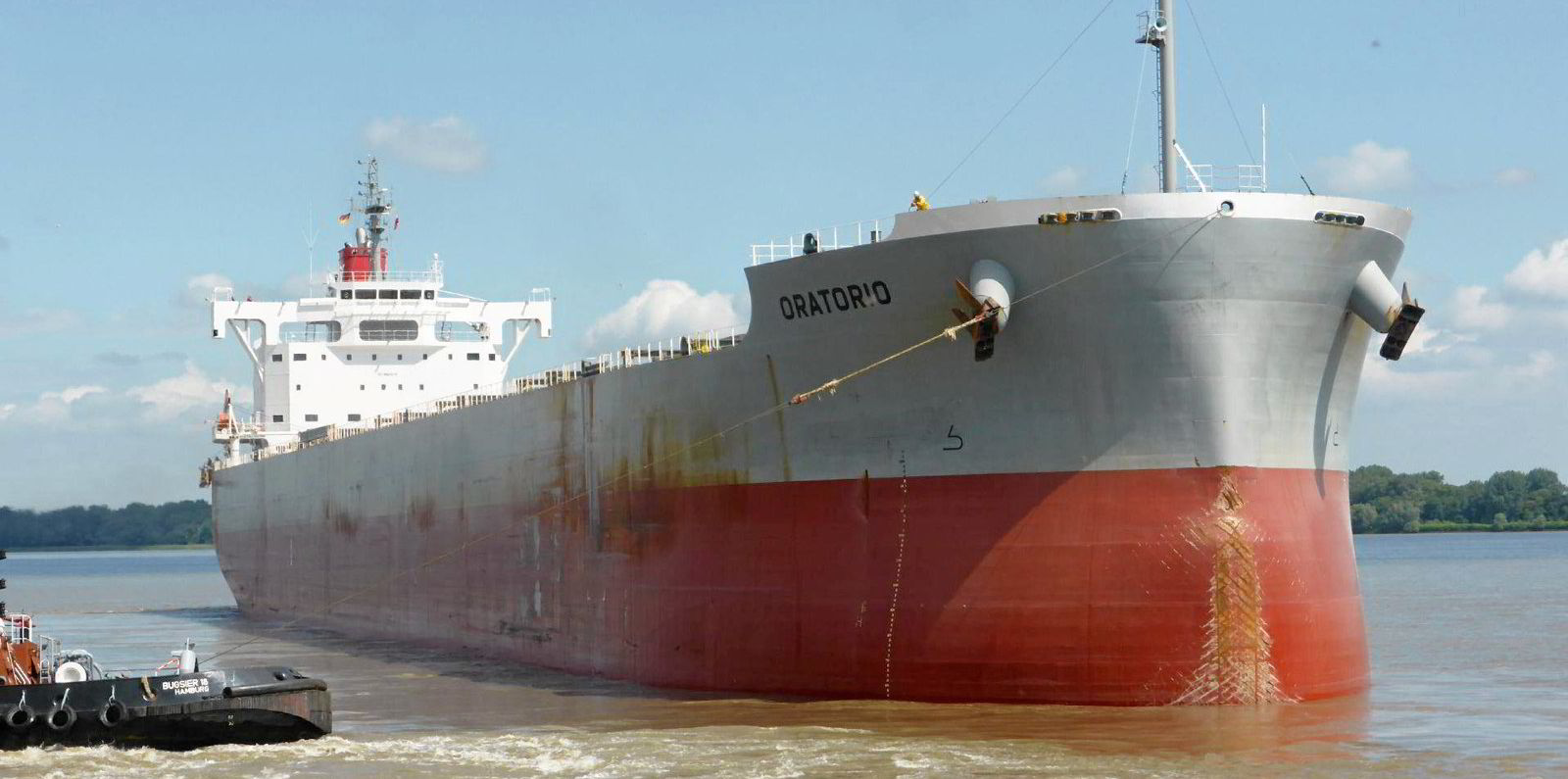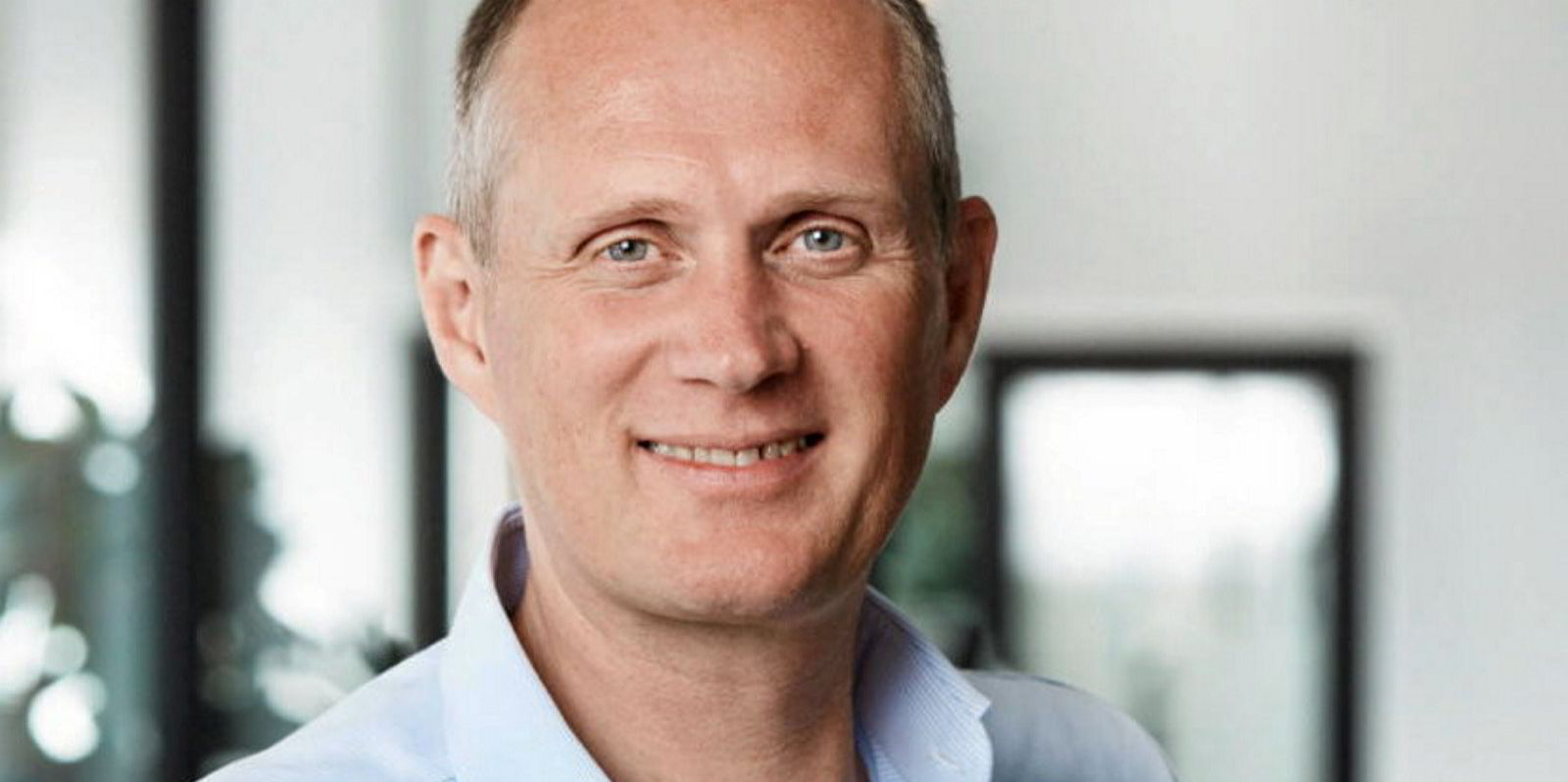Danish shipowners are among the world’s leaders in fostering tech start-ups and developing in-house digital platforms.
This approach has had proven headline-making successes.
Bulker and product tanker operator Norden has made two upwards revisions to its 2020 year-end profit guidance on the back of the strong performance of its operated fleet of dry cargo vessels.
Chief executive Jan Rindbo told TradeWinds that the success of its bulker operations has been due in part to Norden’s in-house data platform, insights from which are used to make chartering decisions and generate higher profit margins.
Rindbo said this was one of the reasons Norden’s operated bulkers achieved higher earnings during the third quarter.
The company used data and other insights to accurately predict where best to position vessels geographically to pre-empt local demand.
Norden has also been using “very advanced data” for years to optimise fuel consumption.
Rindbo said it uses hundreds of millions of data points relating to fuel performance, not only for its owned and leased-in ships but for every vessel in the global fleet.
“We use that to be able to predict what will be the fuel consumption on those ships that we are looking to charter in, because that is one of the most critical business decisions that we make in our two operator business units,” he said, referring to the divisions through which Norden operates its tanker and bulker fleets.
Data is collected on a vessel’s trading history, its main engine type, the paint used on the hull, propeller cleanings and the owner.
“All that we gather into the intelligence we use, when we then decide which ship to charter,” Rindbo said.
“It may not actually be the cheapest ship available that is the best option for us. It may actually be that we should pay a little bit more and get a ship with a better fuel performance.”
Environmentally friendly

This intelligence helps Norden overcome the limitations of the vessel descriptions that are circulated by brokers and owners.
“The descriptions that we use in this industry are so generic that we can’t actually use the charterparty’s description for much,” he said. “We really need to know what will the ship actually consume.”
Denmark seems to be a microcosm of how shipping companies are finally working in harmony with technology and seeing success, particularly with respect to operating vessels efficiently.
For instance, Maersk Tankers founded and spun off ZeroNorth, which now has 11 clients and counting.
Clipper Group developed its own vessel performance monitoring start-up, Coach Solutions, which was sold to Norway’s Kongsberg Digital in June.
The platform is now being used by other operators in the dry-cargo market, such as Dania Ship Management and Trithorn Bulk. The software company had more than 900 licences to customers as of mid-2020, and Kongsberg aims to grow it further.
Similar to Norden’s in-house platform, Coach Solutions assists operations and technical departments by analysing the hull, propeller and engine efficiencies and identifying vessels that over-consume fuel.
Success stories such as this lend hope to Denmark’s ambitious ShippingLab project between industry and academia, which aims to develop practical, innovative and environmentally friendly tech solutions for shipping.
More than 30 partners, including major Danish shipping companies, are collaborating in the three-year maritime research, development and innovation project, which was launched last year and brings together the worlds of industry and academia.
Shipping companies such as J Lauritzen, Torm, Maersk Tankers and DFDS have joined the partnership, alongside industrial maritime suppliers, research and technology institutions and universities.
One of ShippingLab’s work streams focuses solely on decarbonisation and is looking at potential solutions such as electrified or hybrid propulsion for commercial vessels.
Other work streams include a project for automatic optimised coastal routing, which Coach Solutions joined late last year, and which aims to develop solutions for finding the most optimal fuel-efficient route for vessels.
Meanwhile, Norden is part of a ShippingLab project on biofuels with Kvasir Technologies, which was spun off from the Technical University of Denmark.
As other successes have shown, the practical, pragmatic expertise of shipowners goes a long way in making maritime tech work outside of the project room.







